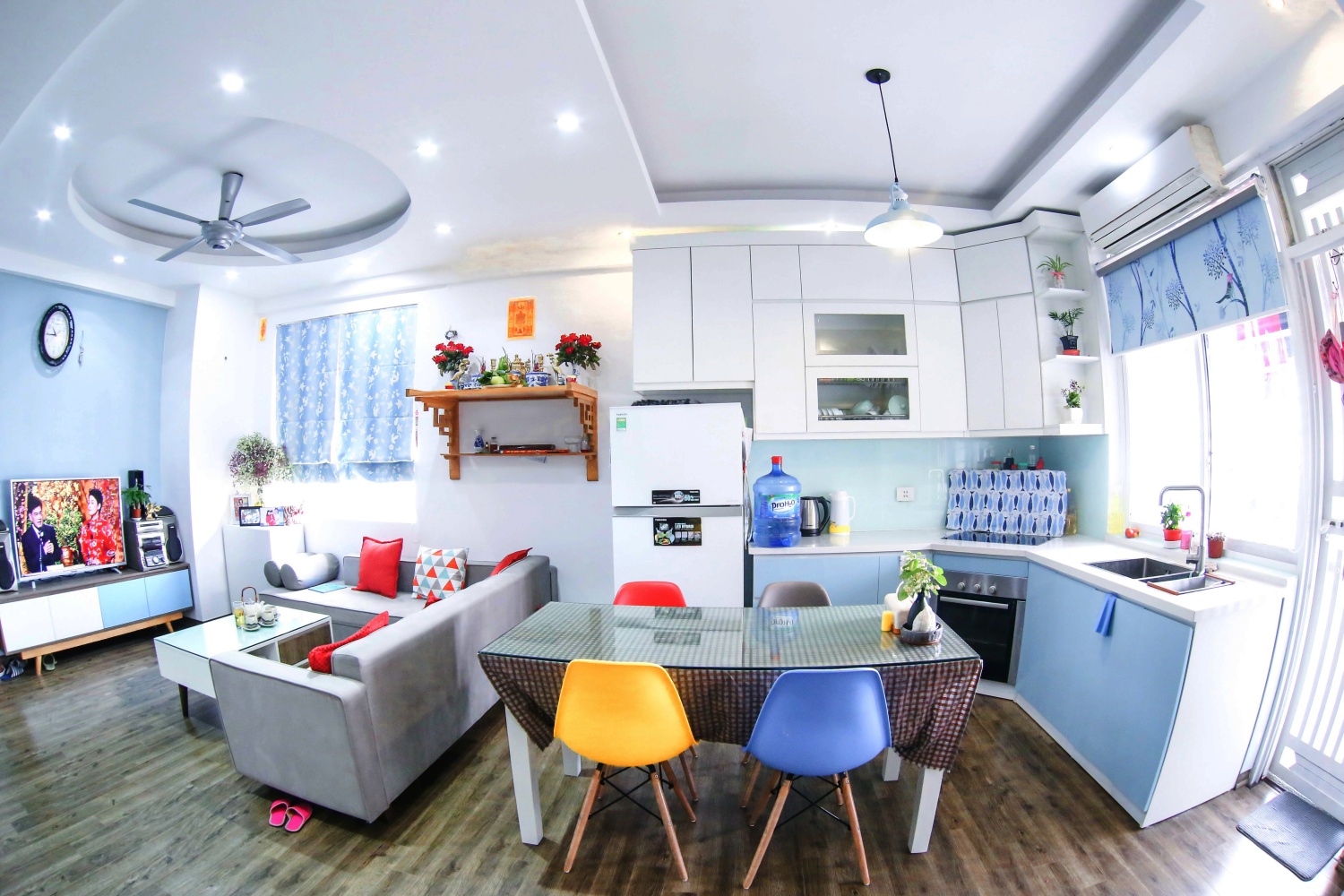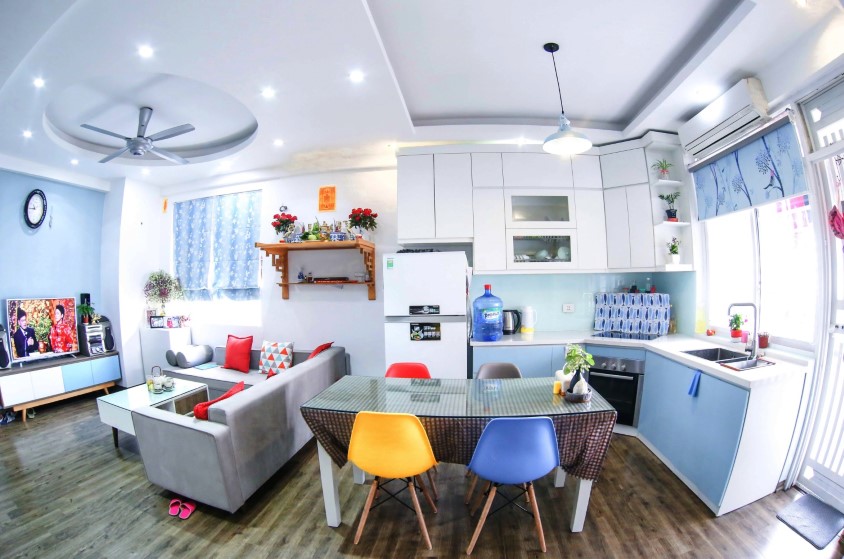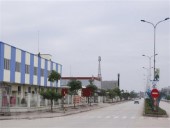Mini apartments but not affordable prices
Small, mini or tiny apartments have been proposed to meet the needs of a large number of people with low and medium income. But in fact, prices of these apartments are not low at all.

“Even though the price per sqm was cheap, the sum of money was too large so I could not reach it. I had to choose a small apartment to settle down and hoped that I would buy a bigger one in the future when I have more money,” An said.
Loan, who bought a 44-sqm apartment at the Thoi An apartment project, District 12, Ho Chi Minh City from Dat Lanh Company in 2013 for about VND800 million, said at that time, the small home was fine enough for the newly-weds. But now, their life with two kids is a bit cramped and inconvenient. "Such small apartment is only suitable for single people or young couples with maximum one child. Having the second child will make your life very tight," Loan said.
The housing demand of low-income people is increasing, so small apartments with afforable prices are being sold well. Therefore, many real estate developers prefer building small apartments to sell them faster. Their advertisements often focus only on the total price of apartments, and ignore the price per square meter. Many buyers are attracted by the affordable total price, but in fact, those apartments are not cheap.
According to Pham Cong Chanh, an expert in personal real estate, the current home and land prices are too high, exceeding the income of the majority of people. Meanwhile, under the market rules, in a project, small apartments’s price per sqm are normally higher than larger ones’. In fact, small apartments are more expensive than larger ones, and low-incom people have to buy homes at expensive prices, and profits will flow into developers’ pockets.
“The fact that low-income buyers have to pay much for living in cramped apartments is unfair. Therefore, if authorities allow developers to build small homes, the prices should be under control like social housing regulations. In order to support low-income people to buy homes, instead of reducing the area, we should focus on developing social homes for them,” Chanh proposed.






